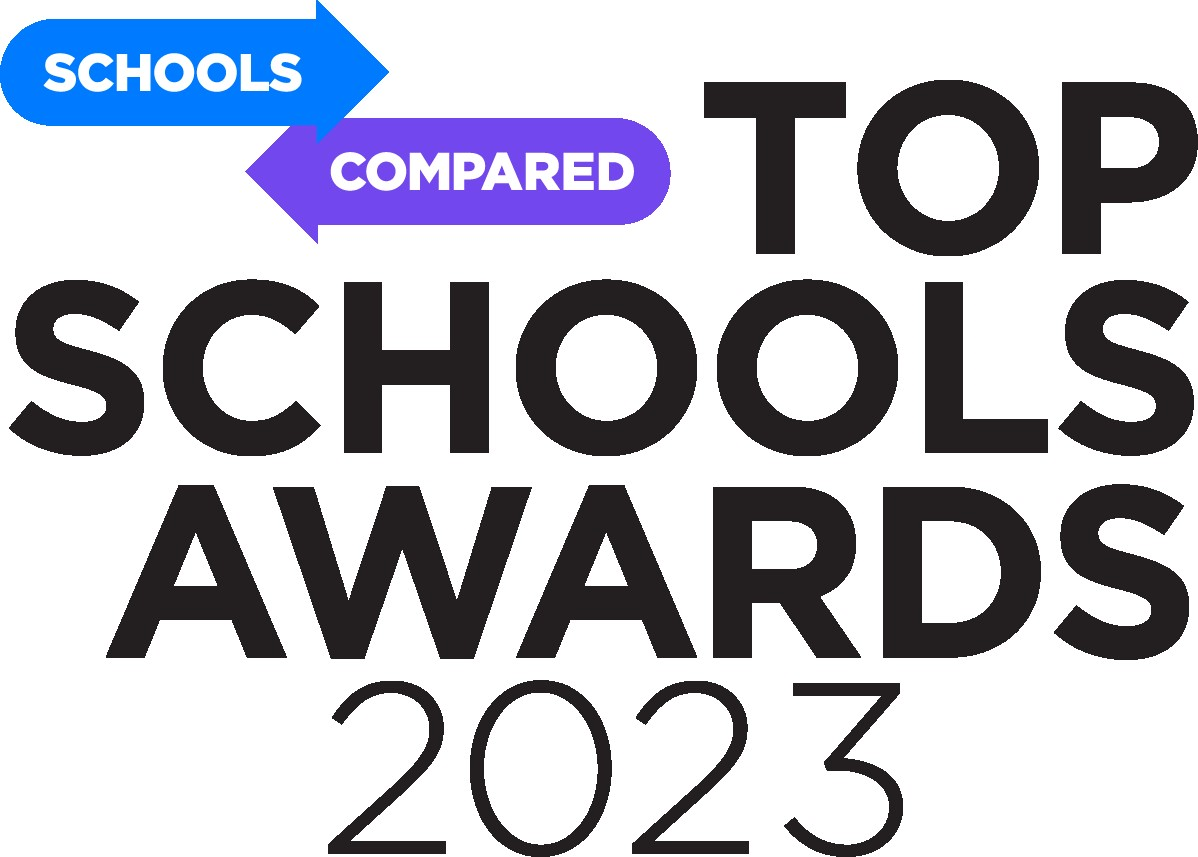
Article April 22, 2021
Earth Day: playing our part in protecting the planet
Ever since the very first Earth Day on 22 April 1970, more than one billion individuals have mobilised for action in saving our planet, with over 190 countries joining the modern environmental movement. Earth Day has given us a voice and a platform to promote public consciousness about the state of our planet and the environmental concerns faced globally.
In recent years, we have seen a huge increase in the amount of climate activists and environmentalists, including a growing base of youth-led movements. Notable figures including Greta Thunberg, Jamie Margolin, and Isra Hirsi are driving forward real action on climate change, rallying younger people to understand its detrimental effects through educational programmes, lobbying campaigns and social media.
Even our very own InterHigh student, Anna Hursey, the youngest ever athlete to compete in the Commonwealth Games and United Nations champion for climate change in sport, recently advised President Joe Biden on halting climate change.
Reflecting on Earth Day, she told us: “I think it’s important for all school children to be involved in Earth Day. We have to start with ourselves, seek to be carbon neutral, and try to do all we can to not use anything that would pollute. Walk or cycle when possible, use less plastic, don’t waste anything. We can try and influence others by talking about these issues with friends and family. On this Earth Day let’s remember and take action for children who are suffering due to air pollution. Let’s reduce the effects of air pollution and create a cleaner Earth. We can invest money, take action, do whatever we can to help. Let us be examples that shine like stars, lighting up the sky on Earth Day.”
It’s important to raise awareness from a young age, in order to engage students in important and complex conversations, helping them to connect the dots and understand the role they can play in making change.
Teaching about climate change and sustainability
At InterHigh, we are passionate about empowering our students and regularly conduct lessons around climate change across various subjects – below are just a handful of examples to show how we’re playing our part.
- Last term, our Year 4 and 5 pupils completed the “Polar Explorer” project, where they designed an expedition, planned meals, and created a model boat. They learned about weather systems and wildlife, and the importance of the polar regions on planet Earth. They also developed an understanding of the British Antarctic Survey and the contribution of studies in polar regions to our understanding of climate change. As part of this, they were visited by a guest speaker, Captain of the new British Antarctic Survey ship, Sir David Attenborough, who explained all about life on board and the important work carried out by this organisation.
- In science lessons, pupils were set the “Ultimate STEM Challenge” which required them to design a home for nature considering both natural and technical solutions to support and improve biodiversity. Some of our pupil’s entries were submitted to BP’s national competition, with the chance to win a cash prize to bring their design to life.
- In Year 7 our students considered the future of transport and discussed the advantages of electric cars and hyperloop pods. They carried out investigations to find out the effects of pollution from car exhausts including an investigation into the effect of acidification on our oceans and modelled their own method to clean up the ocean.
- This term, our Year 7 pupils are completing a project called ‘Sustainable Developments’ where they are learning about construction and the environment, using computer programming skills to explore the project. Looking at different buildings around the world, they will consider the materials and characteristics of these buildings and create a prototype tower and landscape environment using computer programming.
In Year 8 and 9 pupils have investigated arrangements of solar panels to maximise energy production and debated the pros and cons of using biomass to produce electricity. In the Autumn, they completed a project called Power Up. In this project, students have been using their skills in science, technology, engineering and maths to investigate the ways electrical power is investigated. They were set the challenge of building their own version of a Rube-Goldberg machine to explore ideas around energy transfers and used their numeracy skills to calculate electrical energy consumption in homes. They also learned about the ships and processes involved in offshore construction of wind turbines, as well as investigating solar power and biomass. Their key project was to build working models of a wind turbine based on their own ideas and investigations.
InterHigh: the steps we’re taking
It’s important that we practice what we preach and as a school, we are also keen to be as environmentally friendly as possible. Being a fully virtual school means we are able to achieve significant energy savings and reduce our impact on the environment. This includes:
- No physical building – leading to massive carbon savings in regard to building and heating implications, as well as no food wastage and emissions from companies providing goods and services to the schools.
- No need for transport for teachers and students travelling to and from school, resulting in much less pollution.
- Reduced usage of paper – all of our teaching is conducted online, and the majority of lesson material is digital, meaning there is no photocopying requirements.
In the words of the Earth Day website: “We must restore our Earth not just because we care about the natural world, but because we live on it. Every one of us needs a healthy Earth to support our jobs, livelihoods, health and survival, and happiness. A healthy planet is not an option — it is a necessity.”
It is our duty to empower students to realise the potential and power they hold in helping to shape the solutions to the global challenges we face, in order to safeguard our future and protect our planet. Together, we can make meaningful change.




















